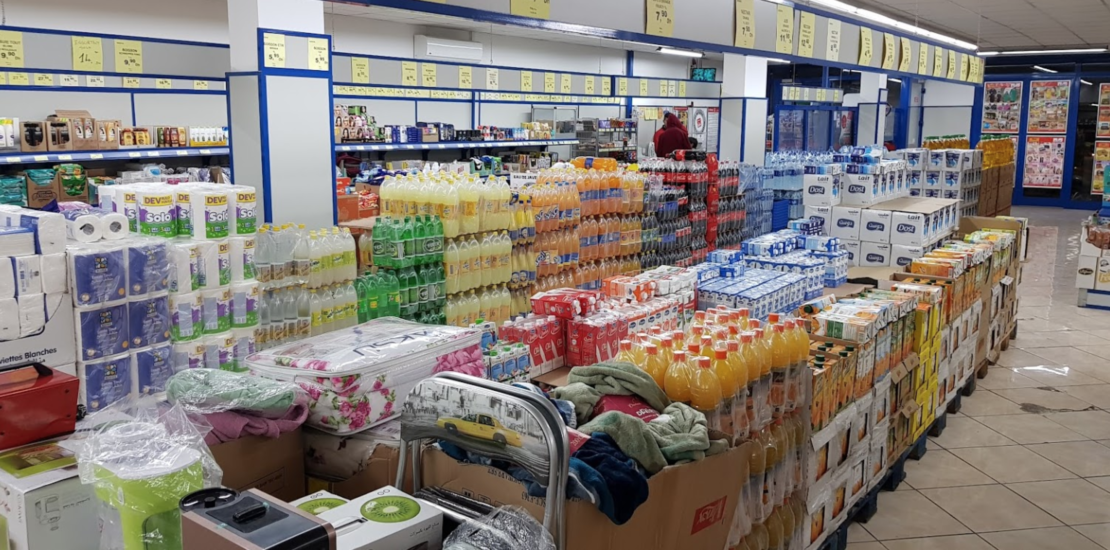- 11/05/2020
- Posted by: Julien Garcier
- Categories: Articles, Egypt, Morocco, SagaRetail

According to its recently published 2019 annual report, Turkish hard discounter BİM opened 55 new stores in Morocco and 20 in Egypt during the year, bringing its total number of outlets in these countries to 497 and 320, respectively. While the chain did not disclose sales figures for these markets, it did reveal that it achieved net profitability in Morocco for the first time during the year.
Founded in 1995 by former managers of German discounter Aldi, BİM operates more than 7,500 stores in its domestic market and had net sales of TL40.2 billion (USD5.7 billion) in 2019, with an EBITDA margin of 5.3%. Private label accounted for 66% of its total sales during the year.
BİM entered the Moroccan market in 2009 and opened its first Egyptian outlet three years later. It is planning to open a regional office in Morocco this year, which will give it more flexibility to react to changes in local market conditions.
The Sagaci Retail View: BİM’s rate of store growth in Egypt continues to lag that of Morocco, suggesting that it is not performing quite as well in the former market. But with its network of small outlets located in residential areas and extremely competitive pricing, BİM is likely to be one of the beneficiaries of Covid-19, particularly in comparison to supermarkets and hypermarkets located in shopping malls.
With Aziza operating more than 250 stores in Tunisia, the hard discount model is now well established in North Africa, but it remains virtually unknown south of the Sahara, where supply chains are not yet mature enough to support its voracious appetite for private label and the type of real estate it utilises (small neighbourhood stores) is in short supply (at least relative to the scale it would require to reach profitability, as demonstrated by BİM’s first decade in Morocco).
To read BİM’s 2019 annual report in full, click here
Want to know more about BİM’s retail model, growth, operations, and strategy in North Africa? Then you need Sagaci Research’s BİM Retailer Research Report




